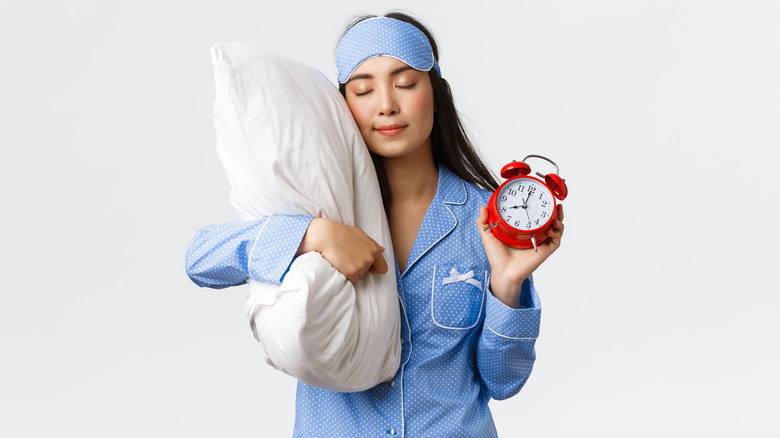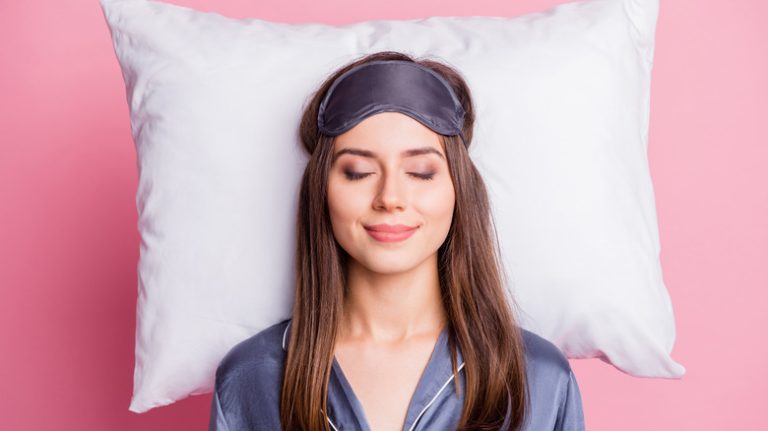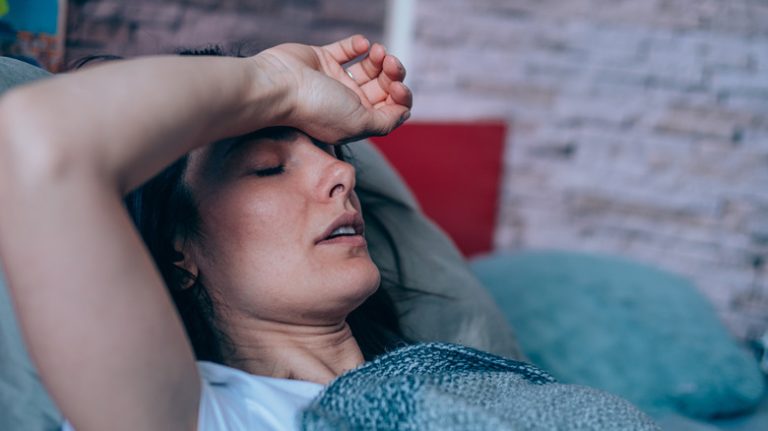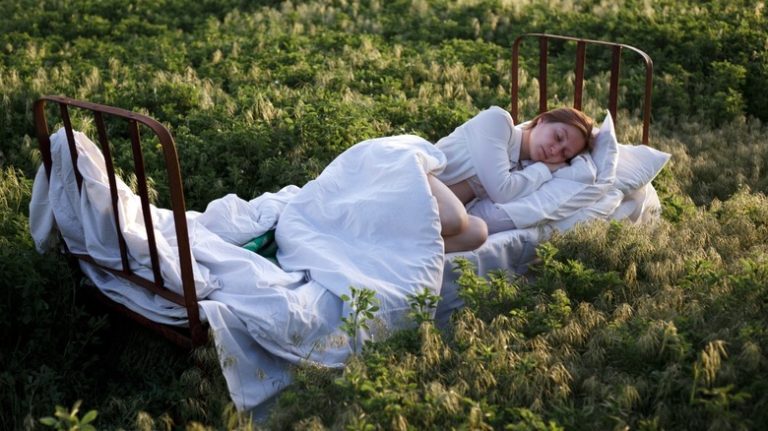Are you having trouble going to sleep or staying asleep? An eye mask could help.
An eye mask for sleep goes over your eyes and wraps around your head. Some have an adjustable head strap. These you just put over your head so the strap is on the back of your head and the mask is on your eyes. You can adjust the tightness to your liking, so it fits your head size comfortably. Some have Velcro, so you can take it off by pulling the Velcro apart. These are also adjustable, which is important because your head is likely a different size than others, and you may like yours looser or tighter depending on how you want it to feel while you sleep.
The CDC reports that a third of United States adults aren’t getting enough sleep, which is linked to various health problems from depression to type 2 diabetes. Not getting enough sleep can even contribute to work mistakes and auto accidents. Getting enough sleep is vital for your health. Sleep disorders can also contribute to health problems. If you have trouble falling asleep or staying asleep, you should see a sleep specialist to rule out any sleep disorders. In the meantime, you might be able to rest better with an eye mask.
Does an eye mask have any benefits for sleep? Yes — the Cleveland Clinic claims an eye mask can help you sleep better. Here’s how.
Sleep benefits of an eye mask

Eye masks for sleep are a low-tech, affordable option for helping you sleep better. They block out light, which is vital for a good night’s rest.
Any kind of light in your bedroom will keep your body from making enough melatonin (via a 2024 study). Anything that gives off light (phone, television, room lights, and other devices) will suppress your melatonin, necessary for sleep. The researchers discovered that 99% of participants exposed to room light before bedtime experienced about a 90-minute delay in melatonin production.
One study simulated light and noise in ICU hospital rooms to see how it affected sleep. People exposed to these noises and lights slept poorly, had less REM sleep, more light sleep, and reported poor sleep quality. However, people who wore eye masks and earplugs reported sleeping better and had higher melatonin levels, less arousal, and longer REM sleep.
Ready to get an eye mask? Before you buy, confirm that it has adjustable straps so you can make it tighter or looser. Cotton is soft and affordable but go with silk if you don’t want your mask soaking up your night cream. Make sure it’s large enough and thick enough to block out light completely. You may have to do some testing to find one that works for you (via Healthline).



